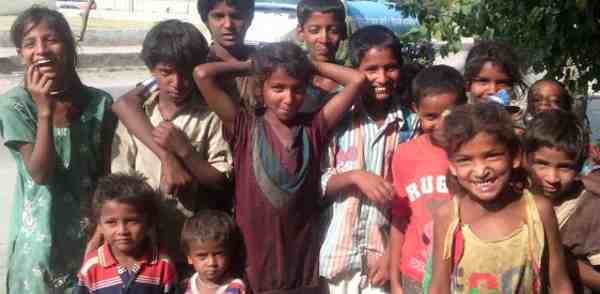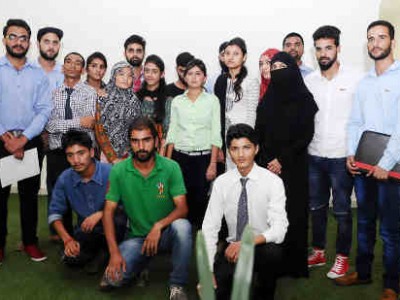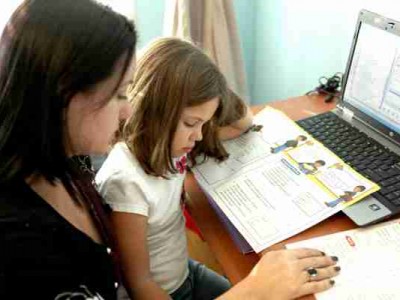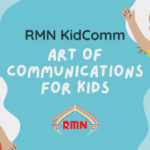
Study Says 385 Million Children Living in Extreme Poverty
Children are more than twice as likely as adults to live in extreme poverty, according to a new analysis released Monday by the World Bank Group and UNICEF.
Ending Extreme Poverty: A Focus on Children finds that in 2013 19.5 per cent of children in developing countries were living in households that survived on an average of US$1.90 a day or less per person, compared to just 9.2 per cent of adults. Globally, according to the study, almost 385 million children were living in extreme poverty.
Children are disproportionately affected, as they make up around a third of the population studied, but half of the extreme poor. The youngest children are the most at risk – with more than one-fifth of children under the age of five in the developing world living in extremely poor households.
[ Also Read: Is Abnormal Population Growth a Curse for India? ]
The new analysis comes on the heels of the release of the World Bank Group’s new flagship study, Poverty and Shared Prosperity 2016: Taking on Inequality, which found that some 767 million people globally were living on less than $1.90 per day in 2013, half of them under the age of 18.
The global estimate of extreme child poverty is based on data from 89 countries, representing 83 per cent of the developing world’s population.
Sub-Saharan Africa has both the highest rates of children living in extreme poverty at just under 50 per cent, and the largest share of the world’s extremely poor children, at just over 50 per cent.
South Asia has the second highest share at nearly 36 per cent—with over 30 per cent of extremely poor children living in India alone. More than four out of five children in extreme poverty live in rural areas.
In addition, the report reveals that even at higher thresholds, poverty also affects children disproportionately. About 45 per cent of children are living in households subsisting on less than $3.10 a day per person, compared with nearly 27 per cent of adults.
UNICEF and the World Bank Group are working with partners to interrupt cycles of poverty and to promote early childhood development – with programs ranging from cash transfers, to nutrition, healthcare and education.













